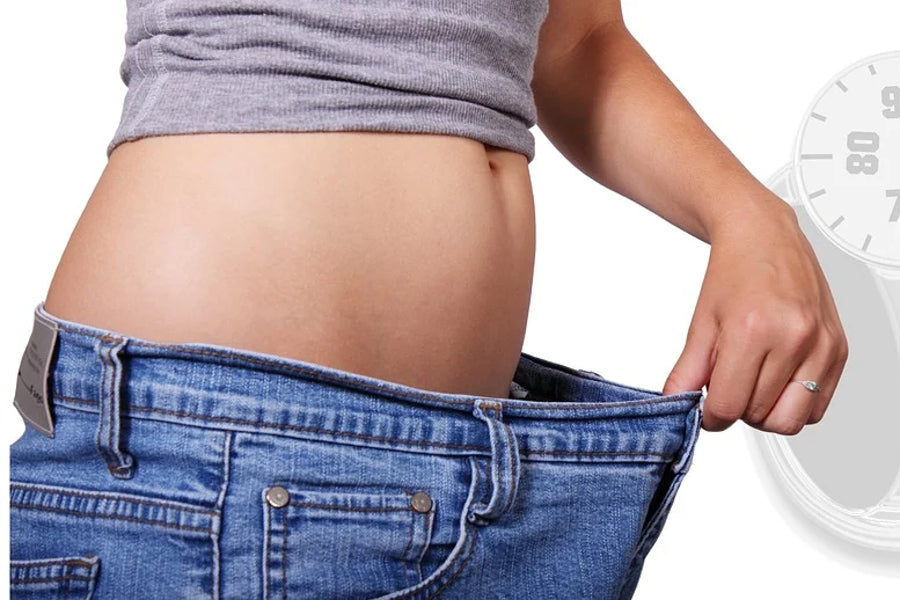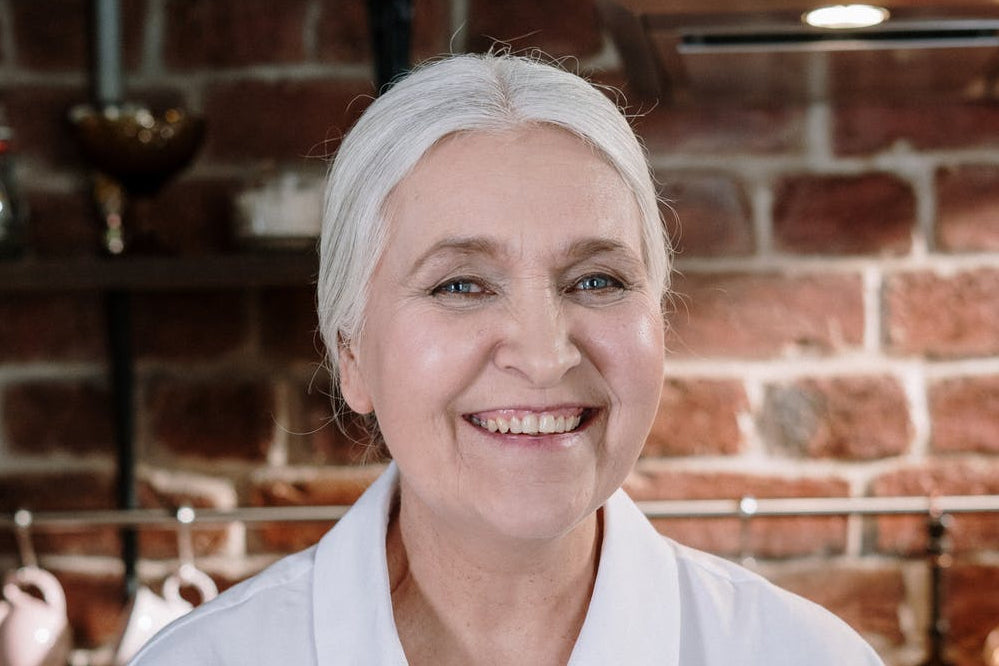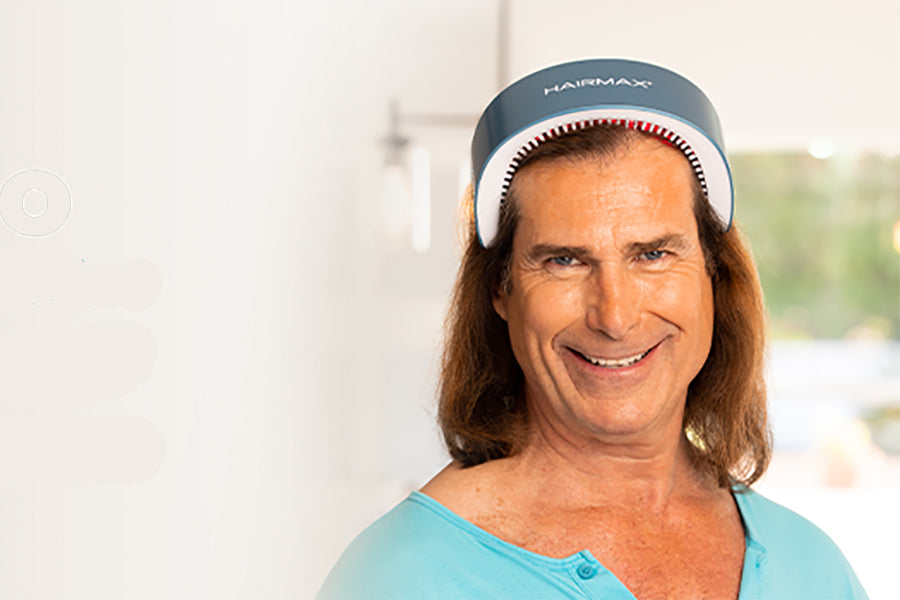Don’t panic. Hair loss is actually normal after losing weight, especially if you’ve lost a significant amount of weight in a short time. Keep reading to learn more about the connection between weight loss and hair loss, and how to fix it.
The Truth About Weight Loss and Hair Loss.
As the old saying goes, “You are what you eat.” Hair is made up of protein, so it’s important to eat plenty of fish, chicken and other forms of protein for strong, healthy hair. Unfortunately, when dieting, many people don’t eat enough protein to sustain healthy hair growth. The body does not consider hair a “must-have”, so it reroutes your protein intake to your vital organs first. The result? You may see more hair thinning with your weight loss. This temporary form of hair loss is known as telogen effluvium. Luckily, hair loss from weight loss is usually temporary and usually will regrow once you resume eating an adequate amount of protein.
What is Telogen Effluvium?
Telogen effluvium occurs when there is a marked increase in hairs shed each day. An increased proportion of hairs shift from the growing phase (anagen) to the shedding phase (telogen). Normally only 10% of the scalp hair is in the telogen phase, but in telogen effluvium this increases to 30% or more. This usually happens suddenly and can occur approximately 3 months after a trigger.
Most cases of telogen effluvium are actually acute or short-term telogen effluvium, a condition in which a stressful event pushes more hairs than usual into the telogen or “resting” phase of the hair growth cycle. Examples of stressful events that can cause telogen effluvium include physical stress like childbirth, extreme sudden weight loss or a high fever, or emotional stress like a divorce or the death of a loved one. Around two months after the stressful event, up to 70% of hair may shed.
Hair Regrowth After Weight Loss.
Hair generally takes around 3 to 6 months to regrow after weight loss. If you’re in the middle of a lifestyle change or you’re planning to start a major diet soon, here are some ways to help prevent hair loss from weight loss:
- Try to lose weight at a more gradual rate. The NHS website advises that you can healthily lose up to 2 lbs per week.
- Eat enough lean protein to help prevent thinning hair due to weight loss.
- Most dietitians recommend eating 0.36 grams of protein per pound of body weight. If you’re not sure how much protein you’re eating, try tracking your food intake with a dieting app. You may be surprised by the nutritional content of your diet!
- Make sure that you’re eating plenty of whole grains, fruits and vegetables that are rich in other hair-healthy nutrients like iron, zinc, and vitamin C.
- For an easy way to get more B vitamins, iron, zinc and vitamin C in your diet take HairMax hair supplement to provide your body with the nutrients it needs to promote existing hair growth.*
HairMax
Using a HairMax laser device will help to promote hair growth and extend your hair’s natural growth cycle. It uses safe, nourishing low level laser light energy to stimulate the hair follicles at a cellular level. Your hair will grow fuller, denser, longer and stronger!




Share:
What colour is your hair ?
Can You Make Hair Grow Faster?